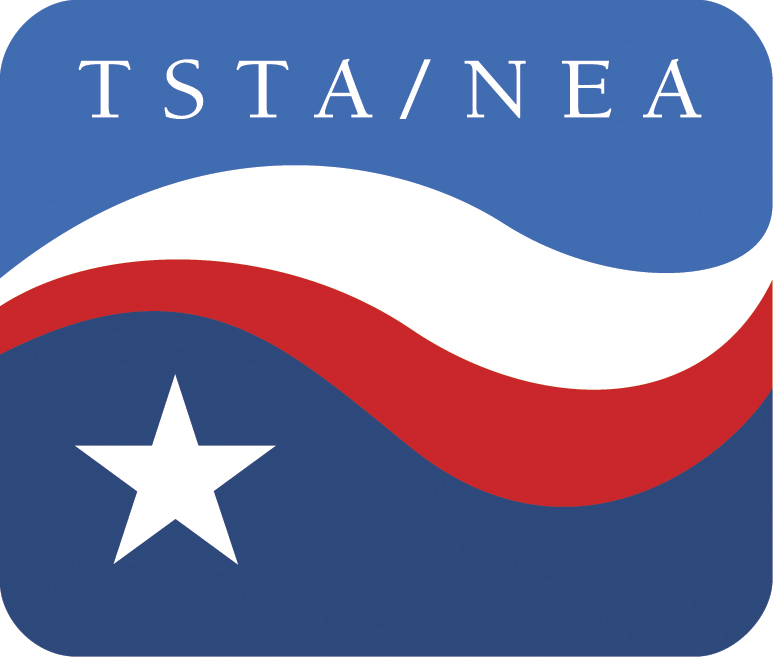A state revenue windfall will mean budgetary improvements for education only if political obstacles are removed in November
The huge surplus that Comptroller Glenn Hegar says the Legislature will have for next year’s budgetary deliberations could be good news for budget-strapped school districts and underpaid school employees. But even with a $27 billion jump (maybe more) in general revenue and the state’s Rainy Day savings account growing to an anticipated $13.6 billion, additional education funding is not a sure thing.
The first priority for Gov. Greg Abbott and Lt. Gov. Dan Patrick, if they are reelected in November, will be property tax cuts with almost everything else — except more wasteful spending on bogus border “security” — an afterthought. But with a careful allocation of funds, there should be enough money for property tax relief as well as some other pressing state needs, including public schools, health care, infrastructure improvements and a long-overdue cost-of-living adjustment, or COLA, for retired educators.
Patrick’s initial response was to propose using $4 billion of the surplus for property tax cuts and then to shortchange schools. He wants to continue to pay for the teacher pay raises and maintain the education funding approved in 2019 and pay not for a COLA, but another “13th check” for education retirees. That isn’t nearly enough. It is basically maintaining the status quo, which is woefully inadequate.
Patrick and Abbott also are likely to take much of the wind out of the windfall by insisting that legislative budget writers honor the state constitutional spending limit and leave a lot of that extra $27 billion unspent. The spending limit can be overridden with supermajority votes of the House and the Senate. But conservative bragging rights and their goal of squeezing public education and state government are more important to Abbott, Patrick and their allies than taking this rare opportunity to make meaningful progress toward meeting the state’s basic needs.
No one wants to empty the state’s savings account, but there is enough money in the Rainy Day Fund to spend some of it on public needs that are becoming emergencies. Abbott and Patrick, if reelected, are likely to take the extremist position and refuse to spend any of the savings, while the fund continues to grow.
So, even with the huge revenue growth fueled by inflation and high oil prices, writing a new state budget will be difficult. If educators and other Texans who value public services want a fair budget, they will vote to make that possible by electing a new governor and a new lieutenant governor in November.

